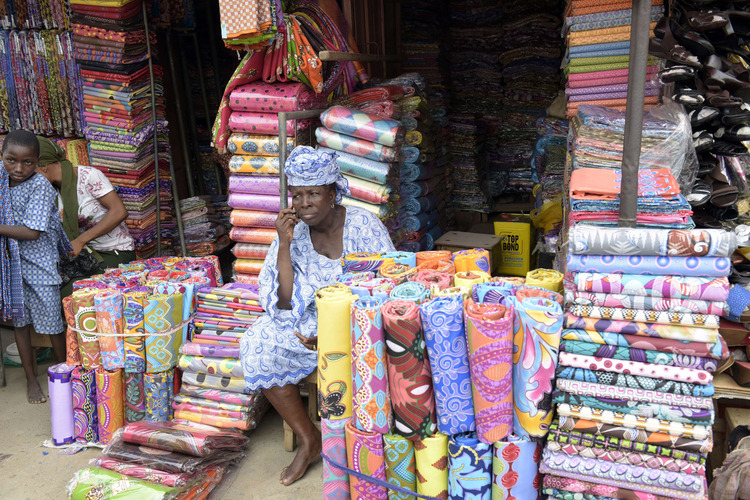Economy
Nigeria’s Inflation Races to 18.17 Percent in March 2021

Widespread insecurities amid weak economic productivities and low local currency exchange rates continue to pressure prices in the most populous black nation.
Consumer Price Index, which measures the inflation rate, rose to a record-high of 18.17 percent in Africa’s largest economy Nigeria in the month of March, according to the latest report from the National Bureau of Statistics (NBS).
The amount was 0.82 percent higher than the 17.33 percent recorded in the month of February.
Increases were recorded across the board, the NBS noted.
On a monthly basis, inflation rose by 1.56 percent in March, representing an increase of 0.02 percent from the 1.54 percent posted in February.
Prices of goods and services rose with rising costs of importation due to high foreign exchange rates, increase in duties, insecurities between herders and farmers, weak local production due to COVID-19 disruption and a tough business environment.
Importers and other imports dependent businesses have complained that the inability to access forex at an affordable rate despite the constrain created by COVID-19 has crippled their businesses and drag on profitability, which in most cases has forced them to cut staff strength or hold off on recruitment as evident in the nation’s rising unemployment rate of 33.33 percent.
Despite interest rate reduction to 11.5 percent, investors and businesses were not borrowing to invest in the real sector given a series of challenges facing the nation.
Therefore, the lack of new investments and strategical downsizing of the exiting investments in the real sector escalated Nigeria’s unemployment rate and hurt local production.
On urban inflation, NBS said “the urban inflation rate increased by 18.76 percent (year-on-year) in March 2021 from 17.92 percent recorded in February 2021, while the rural inflation rate increased by 17.60 percent in March 2021 from 16.77 percent in February 2021.
“On a month-on-month basis, the urban index rose by 1.60 percent in March 2021, up by 0.02 compared to the rate recorded in February 2021, while the rural index also rose by 1.52 percent in March 2021, up by 0.02 compared to the rate that was recorded in February 2021 (1.50 percent).”